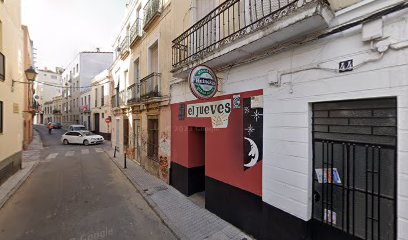
Discover the Tranquil Waters of Alqueva
Explore Alqueva: Portugal's serene escape with breathtaking landscapes, outdoor adventures, and rich cultural experiences at Europe's largest artificial lake.
Alqueva, a serene tourist destination in Portugal, offers breathtaking views of the largest artificial lake in Europe, surrounded by charming villages and rich natural beauty. Perfect for nature lovers and adventure seekers alike.
A brief summary to Alqueva
- Alqueva, PT
Local tips
- Visit during the off-peak season to enjoy a quieter experience and better rates on accommodations.
- Don't miss the opportunity to take a boat tour to fully appreciate the beauty of the lake and its surroundings.
- Try the local wines and olive oils, which are produced in the region and reflect the rich agricultural heritage.
- Bring binoculars for birdwatching, as the area is home to a variety of bird species, especially during migration seasons.
- Plan a visit to nearby historical sites like the Castle of Moura for a taste of local history and stunning views.
Getting There
-
Car
If you are driving from Évora, take the N114 road towards Reguengos de Monsaraz. Continue on the N114 for about 45 km until you reach Reguengos de Monsaraz. From there, follow the signs to Alqueva, which is approximately 15 km away. The drive will take you through beautiful countryside, and you will soon see the large Alqueva Lake on your right as you approach the area.
-
Public Transportation
To reach Alqueva by public transport, first, take a bus from Évora to Reguengos de Monsaraz. The bus service is provided by Rede Expressos, and schedules can be checked online. Once you arrive in Reguengos de Monsaraz, you can take a local taxi or a connecting bus to Alqueva, which is about 15 km away. Be sure to check the local bus schedules in advance, as they may not run frequently.
-
Car
If you are coming from Lisbon, the best route is to take the A2 motorway towards the south and then exit onto the A6 towards Évora. After approximately 130 km, take the exit for N114 towards Reguengos de Monsaraz. Follow the N114 until you reach Reguengos, then continue to Alqueva. The total travel time from Lisbon should be around 1.5 to 2 hours, depending on traffic.
Discover more about Alqueva
Iconic landmarks you can’t miss
Torre de Menagem do Castelo da Vidigueira
27.5 km
Discover the rich history and stunning views at the Torre de Menagem do Castelo da Vidigueira, a must-see castle in the heart of Portugal's Alentejo region.
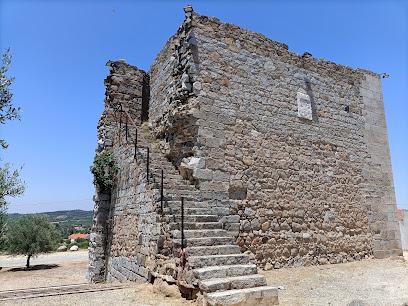
Homenagem ao Cante Alentejano
28.4 km
Discover the artistic tribute to Alentejo's musical heritage at Homenagem ao Cante Alentejano, a must-visit destination in Portugal.
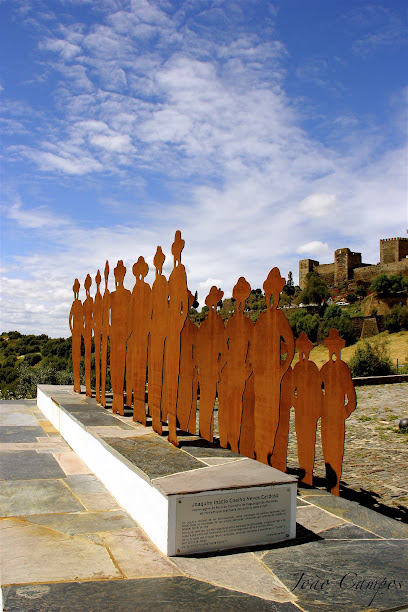
Anta 1 do Olival da Pega
28.9 km
Discover Anta 1 do Olival da Pega, a striking historical landmark in Portugal, where ancient stones tell stories of the past amidst scenic landscapes.
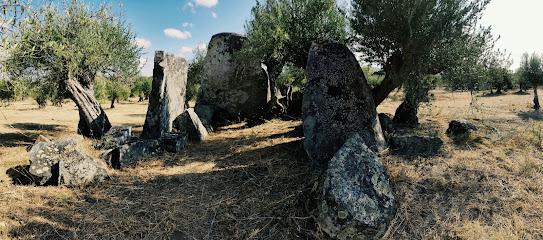
Monsaraz
29.3 km
Explore the medieval charm of Monsaraz, a hilltop village with stunning views, rich history, and delightful local cuisine in the heart of Alentejo.
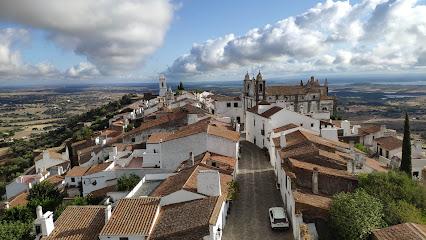
Estátua do Pastor Alentejano
38.7 km
Explore Beja's rich heritage at the Estátua do Pastor Alentejano, a stunning sculpture celebrating Alentejo's pastoral culture and traditions.
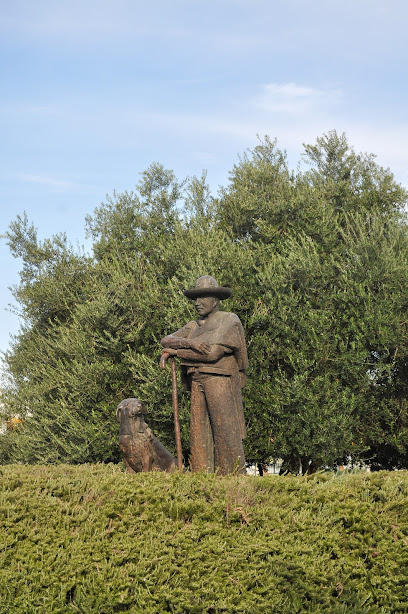
Turismo do Alentejo - ERT
38.9 km
Explore the enchanting Alentejo region of Portugal from Turismo do Alentejo - ERT, your guide to local attractions, history, and culture.
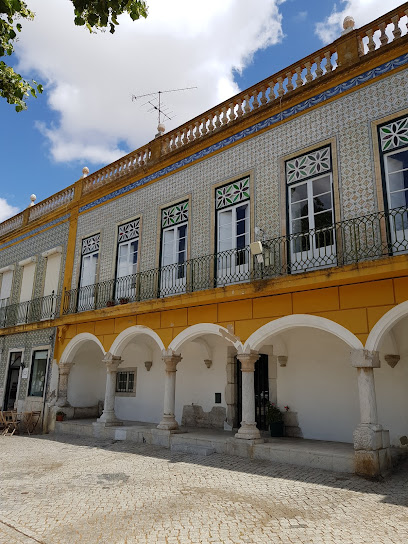
Diário do Alentejo
39.1 km
Explore the rich history of journalism at Diário do Alentejo in Beja, a key player in Portuguese media and a reflection of local culture.
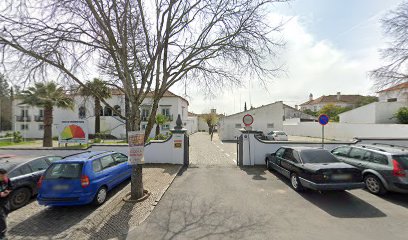
Herdade do Monte Outeiro - Turismo Rural
39.5 km
Discover the tranquil beauty of Herdade do Monte Outeiro, a rural retreat in Alandroal, Portugal, perfect for relaxation and cultural exploration.

Torre de Menagem
50.1 km
Explore the historic Torre de Menagem in Redondo, Portugal, a captivating landmark showcasing medieval architecture and rich cultural heritage.
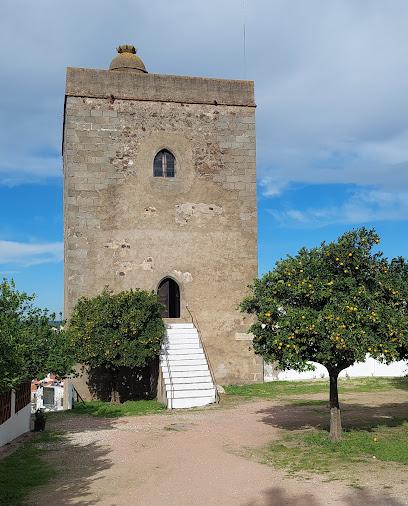
Ponte romana do Xarrama
52.3 km
Experience the beauty and history of Ponte Romana do Xarrama, a stunning Roman bridge in the charming region of Horta das Figueiras, Portugal.
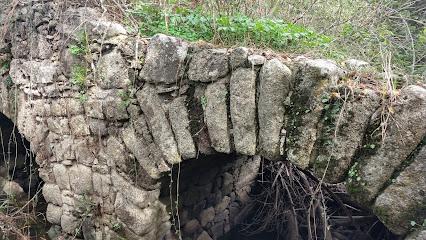
Igreja do Senhor Jesus da Pobreza.
54.6 km
Discover the serene beauty of Igreja do Senhor Jesus da Pobreza in Évora, a hidden gem showcasing rich architectural and spiritual heritage.
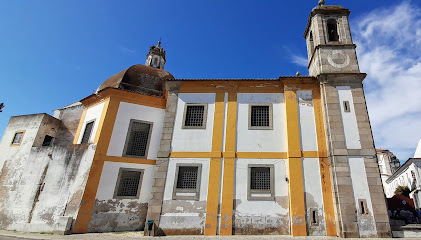
Baluarte do Conde de Lippe
54.8 km
Explore the Baluarte do Conde de Lippe, a historic fortress in Évora offering stunning views and a glimpse into Portugal's rich heritage.
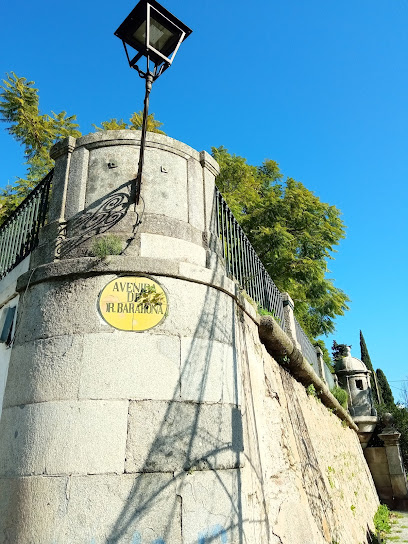
pó de vir a ser ◦ departamento de escultura em pedra ◦ centro cultural de évora
54.9 km
Discover Évora's artistic heritage at Pó de Vir a Ser, a cultural haven dedicated to the timeless craft of stone carving.
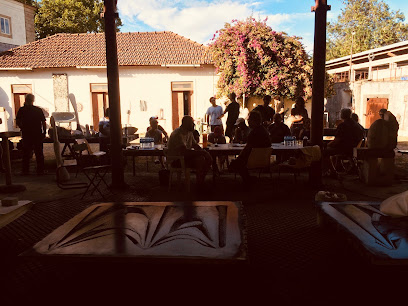
Centro interpretativo da cidade de Évora
54.9 km
Explore Évora's enchanting history at the Centro Interpretativo, a local history museum showcasing the rich cultural heritage of this iconic Portuguese city.
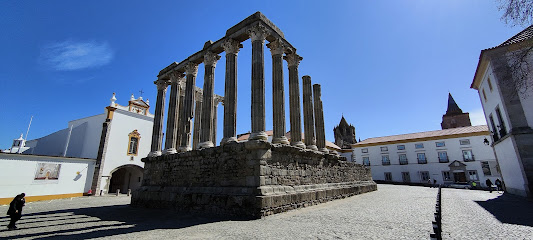
História de Évora (Coluna)
54.9 km
Discover the História de Évora (Coluna), a stunning sculpture narrating the historical tales of Évora amidst a vibrant cultural backdrop.
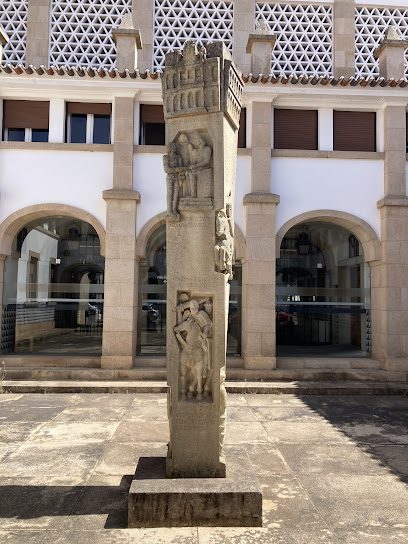
Unmissable attractions to see
Museu Alberto Gordillo - Joalharia Contemporânea
7.1 km
Explore the exquisite artistry of contemporary jewelry at Museu Alberto Gordillo in Moura, Portugal, where tradition meets modern design.
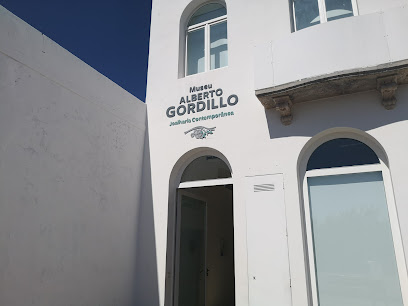
Praia Fluvial da Amieira
11.8 km
Experience the tranquil beauty of Praia Fluvial da Amieira, a stunning riverside escape in Portugal perfect for relaxation and outdoor adventures.
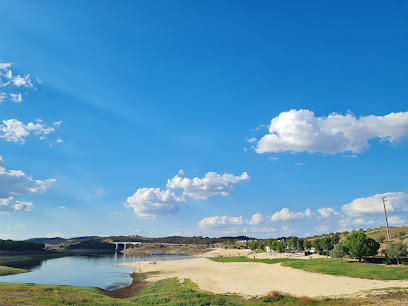
Miradouro Alqueva
12.8 km
Discover the breathtaking views at Miradouro Alqueva, a scenic overlook showcasing the stunning beauty of Alqueva Lake in Portugal.
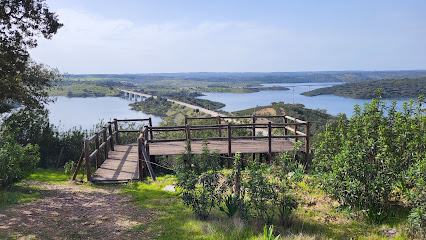
Pavilhão temático A Bolota
21.6 km
Explore the Pavilhão Temático A Bolota, a unique museum celebrating the cultural significance of acorns in Portel's rich heritage.
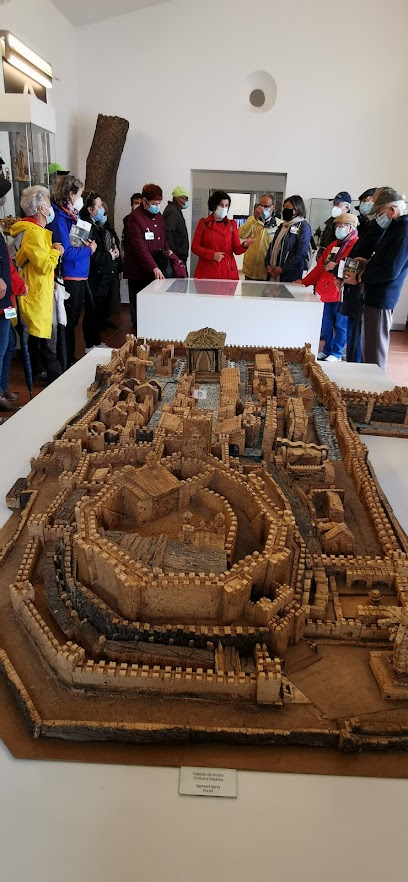
Castle of Esporão
21.8 km
Explore the rich history and breathtaking views at the Castle of Esporão, a medieval gem nestled in the heart of Portugal.
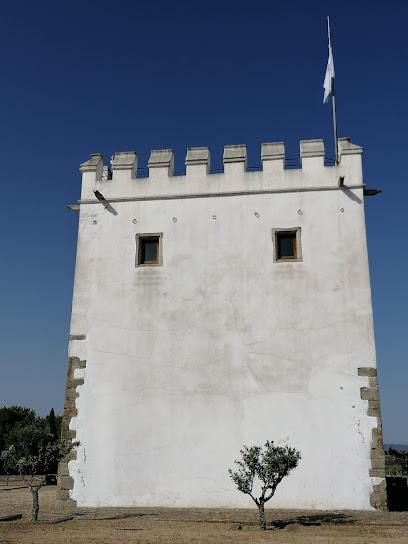
Praia Fluvial de Mourão
21.8 km
Explore the scenic Praia Fluvial de Mourão – a perfect lakeside retreat for swimming, relaxation, and soaking in Portugal's natural beauty.
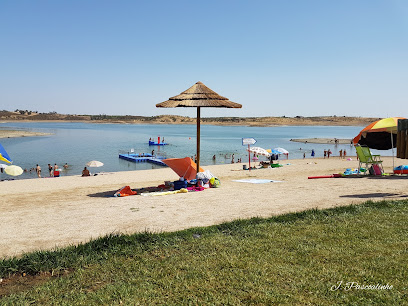
Castelo de Portel
22.3 km
Explore the enchanting Castelo de Portel, a historical gem in Portugal offering stunning views and rich cultural experiences.
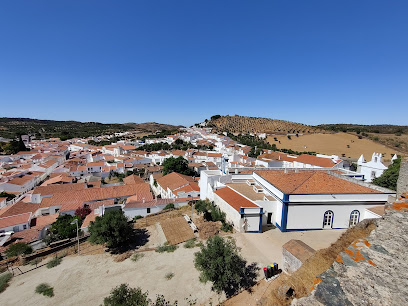
Museu Municipal
27.1 km
Explore the vibrant history and culture of Vidigueira at Museu Municipal, a captivating local museum showcasing the essence of Portugal.
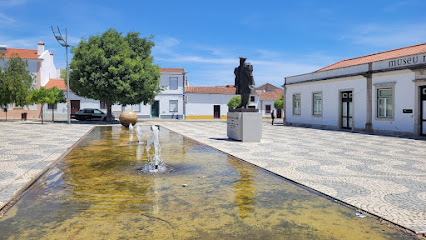
Praça Vasco Da Gama
27.1 km
Discover the charm of Praça Vasco Da Gama, a historical landmark in Vidigueira, where culture, history, and local traditions beautifully converge.
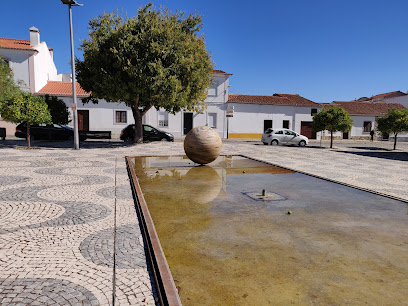
Olaria O Patalim
27.2 km
Explore the enchanting world of Portuguese pottery at Olaria O Patalim in Corval, where tradition meets artistry.
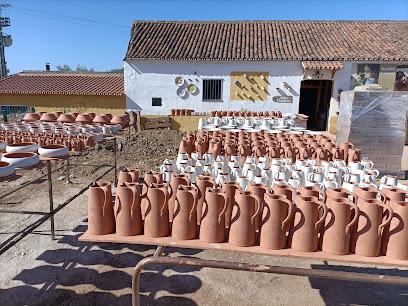
Olaria Joaquim Lagareiro
27.3 km
Explore the vibrant world of handcrafted ceramics at Olaria Joaquim Lagareiro, a must-visit pottery store in Corval, Portugal.
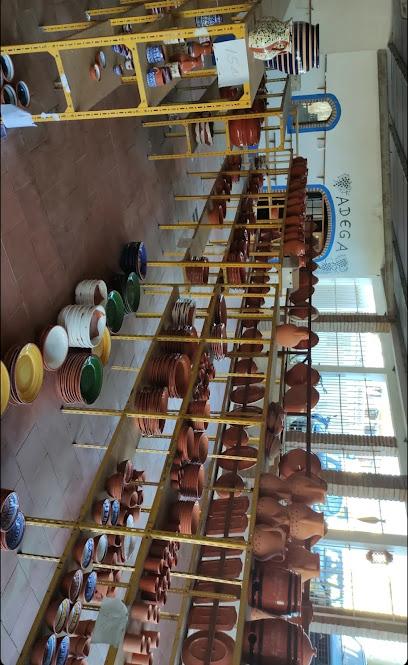
Pottery Marcelino Paulino
27.4 km
Explore the rich tradition of Portuguese pottery at Pottery Marcelino Paulino, where artistry meets craftsmanship in every unique piece.
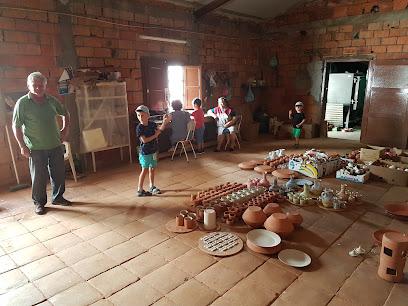
Olaria António Janeiro
27.4 km
Experience the timeless art of pottery at Olaria António Janeiro in Corval, where tradition meets creativity in every handcrafted piece.
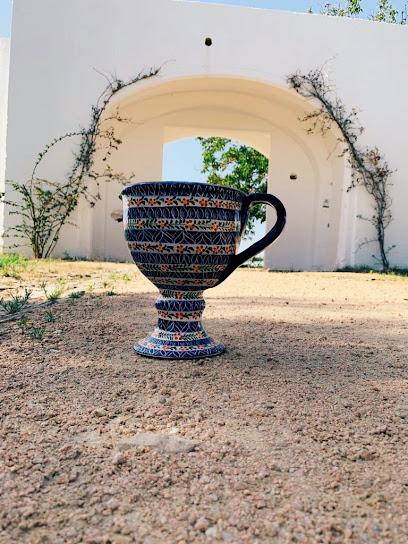
Pottery José Cartaxo
27.4 km
Explore the traditional craftsmanship of Pottery José Cartaxo in Corval, where unique ceramics reflect the rich culture of Portugal.
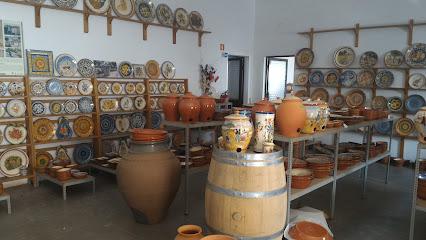
Olaria Bulhão
27.5 km
Experience the rich tradition of Portuguese pottery at Olaria Bulhão, a captivating museum in Corval showcasing artisanal craftsmanship.
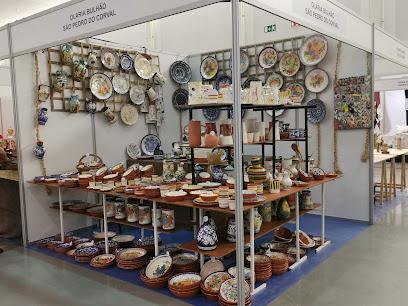
Essential places to dine
Herdade do Esporão
20.9 km
Discover fine dining excellence at Herdade do Esporão in Portugal’s picturesque wine country with exquisite local cuisine and stunning vineyard views.

A Chaminé
23.8 km
Experience the heart of Portugal at A Chaminé in Mourão - where traditional flavors meet warm hospitality.
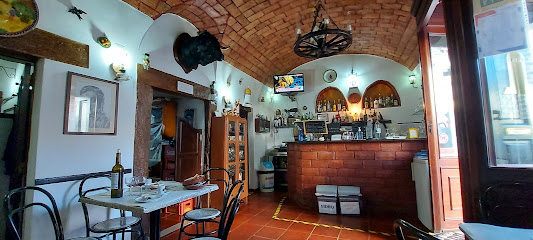
Adega Velha
24.0 km
Experience authentic Portuguese cuisine at Adega Velha in Mourão – where tradition meets exceptional hospitality.
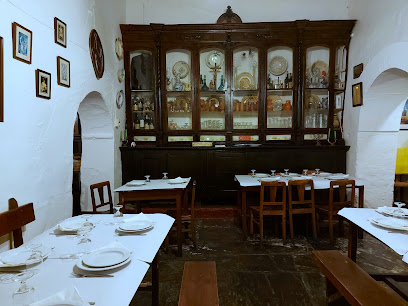
Quinta do Quetzal
29.7 km
Discover exquisite dining at Quinta do Quetzal with stunning views, vibrant art, and award-winning wines in Vila de Frades.
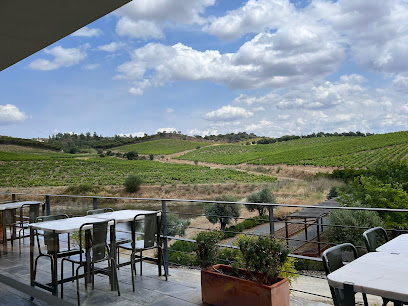
Casa de Monte Pedral
35.4 km
Experience the rich flavors of Portugal at Casa de Monte Pedral - where traditional cuisine meets modern elegance.
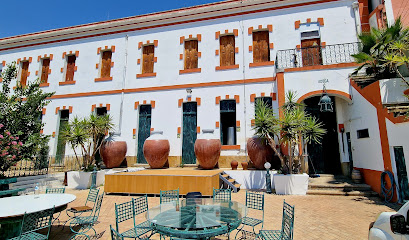
Provar a Tradição
52.6 km
Discover the heart of Portuguese flavors at Provar a Tradição in Évora – where tradition meets taste.
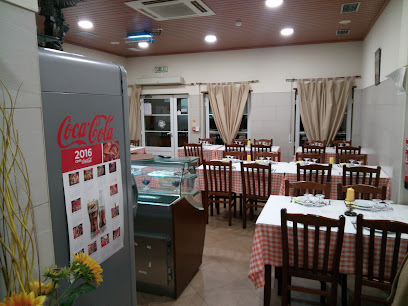
Restaurante O Moinho do Cu Torto
54.3 km
Savor authentic Portuguese cuisine at Restaurante O Moinho do Cu Torto in Évora—where tradition meets flavor in every bite.
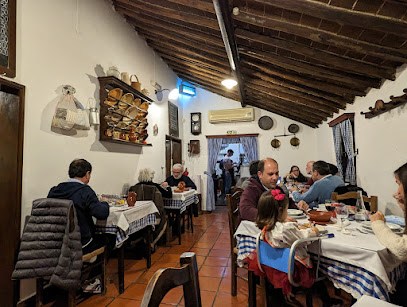
O Alforge
54.5 km
Discover authentic Portuguese flavors at O Alforge in Évora – a culinary haven blending tradition with modernity.
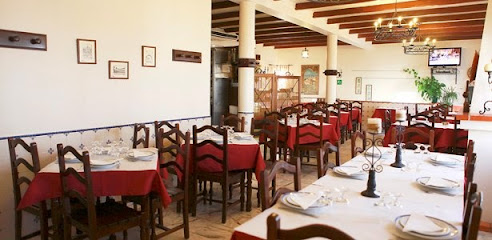
Alkimia Madeirense
54.5 km
Experience authentic Portuguese cuisine at Alkimia Madeirense in Évora—where tradition meets modern flair in every dish.
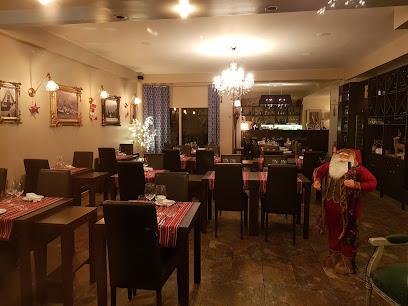
5amêndoas
54.8 km
Discover modern Portuguese cuisine at 5amêndoas in Évora, where local ingredients meet innovative culinary artistry for an unforgettable dining experience.
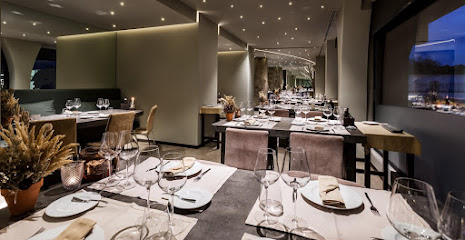
Vinho e Noz
54.8 km
Experience authentic Portuguese flavors at Vinho e Noz in Évora - where every meal is a celebration of local cuisine.
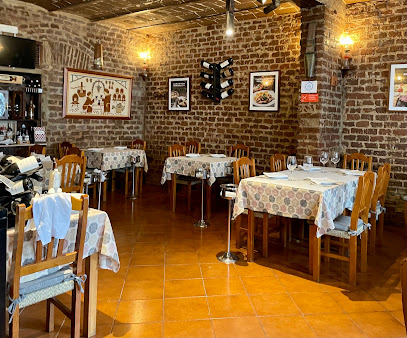
A Gruta
54.8 km
Discover A Gruta in Évora – where succulent steaks meet warm hospitality in a charming setting.
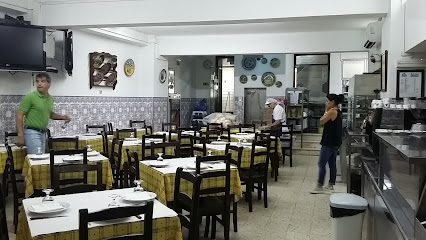
O Combinado
54.9 km
Experience authentic Portuguese cuisine at O Combinado in Évora – where tradition meets flavor in every dish.
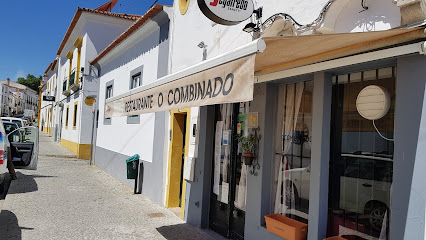
Alegrias e Vinho Tinto Botequim
54.9 km
Experience authentic Portuguese cuisine at Alegrias e Vinho Tinto Botequim in Évora - where every meal is a celebration of local flavors.
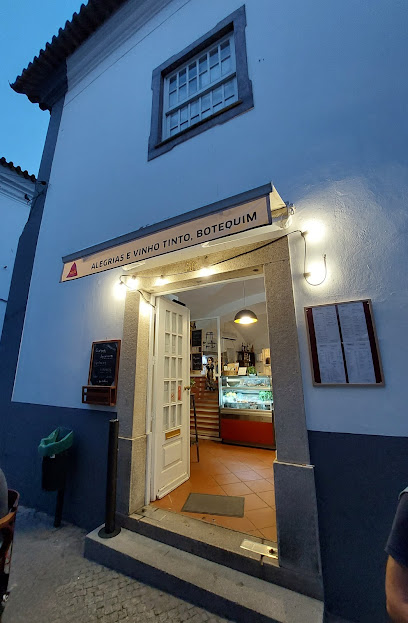
Nã T'acho Restaurante Atípico - Évora
55.0 km
Experience authentic Portuguese cuisine at Nã T'acho Restaurante Atípico in Évora - where local flavors meet warm hospitality.
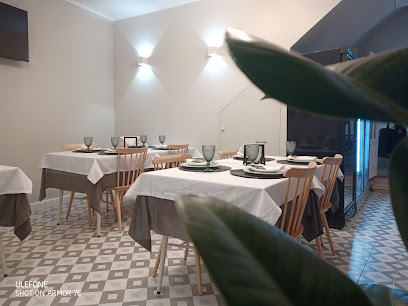
Markets, malls and hidden boutiques
Amar Alentejo
27.7 km
Explore Amar Alentejo: A Gift Shop in Corval Celebrating Local Crafts and Unforgettable Souvenirs.
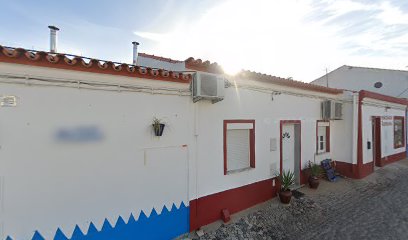
Herdade Grande
30.7 km
Experience the charm of Herdade Grande, a premier winery in Vidigueira, where exquisite wines and stunning vineyard views await every visitor.
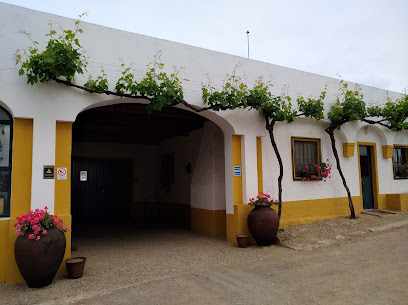
Continente Modelo Beja Retail
37.1 km
Explore Beja's vibrant shopping scene at Continente Modelo, your go-to supermarket for fresh local produce and specialty goods.
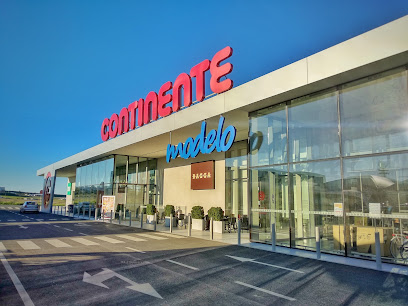
Sport Zone Beja
39.8 km
Explore top-notch athletic apparel at Sport Zone Beja – a sportswear haven for fitness enthusiasts in Portugal.

Fifty
53.1 km
Discover stylish clothing for the whole family at Fifty, Évora's premier outlet store, offering unbeatable prices and a diverse selection.

Évora Plaza
53.1 km
Discover Évora Plaza, a vibrant shopping mall in Évora, featuring a variety of stores, dining options, and entertainment for every visitor.

Cavalinho Évora
53.1 km
Explore Cavalinho Évora for exquisite handbags that blend traditional craftsmanship with modern elegance in the heart of Portugal's historic Évora.
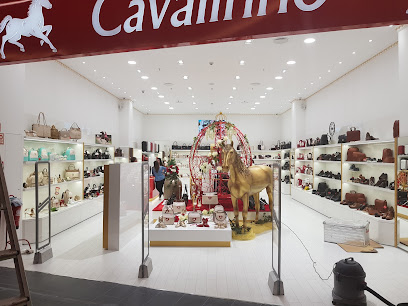
Auchan Évora
53.1 km
Explore Auchan Évora, a vibrant hypermarket offering a wide array of fresh produce, local specialties, and household goods for every traveler.

Loja Mr. Blue Évora Plaza
53.2 km
Explore Loja Mr. Blue Évora Plaza for the latest in men's fashion, beachwear, and stylish accessories in a vibrant shopping environment.
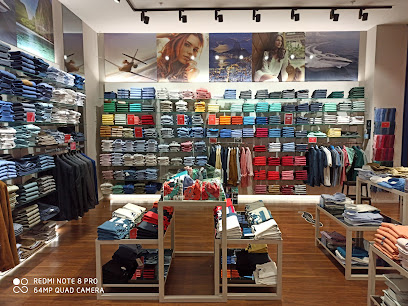
Shop1One Évora
53.2 km
Discover a blend of contemporary fashion and local charm at Shop1One Évora, your go-to clothing store in the heart of this historic city.

Sport Zone Évora
53.3 km
Discover the best sportswear and equipment at Sport Zone Évora, your ultimate destination for athletic needs in the heart of Portugal.

Decathlon Évora
53.6 km
Explore Decathlon Évora for a vast selection of sporting goods, outdoor clothing, and equipment for every adventure, all under one roof.

Bricomarché Évora
53.9 km
Explore Bricomarché Évora for a wide selection of home goods, building materials, and garden essentials in the heart of Évora.

LTintas Évora
54.3 km
Explore LTintas Évora for top-quality paints and building materials, your essential stop for home improvement in the historic city of Évora.

Évora Home
54.4 km
Explore Évora Home, a charming variety store offering unique local crafts and souvenirs in the heart of historic Évora, Portugal.

Essential bars & hidden hideouts
Alqueva Bar/Restaurante
3.3 km
Discover the culinary delights of Alqueva Bar/Restaurante, where local flavors meet breathtaking lakeside views for an unforgettable dining experience.
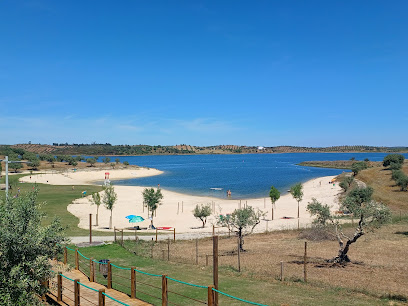
Old Court Wine Bar
22.9 km
Savor the rich flavors of Portugal at Old Court Wine Bar, where traditional cuisine meets a delightful selection of local wines.
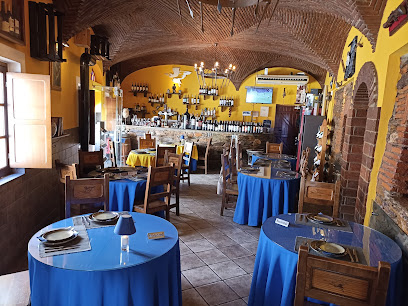
Tasquinha 32
38.9 km
Experience the warmth of Portuguese hospitality at Tasquinha 32, a cozy bar in Beja offering local flavors and a vibrant atmosphere.
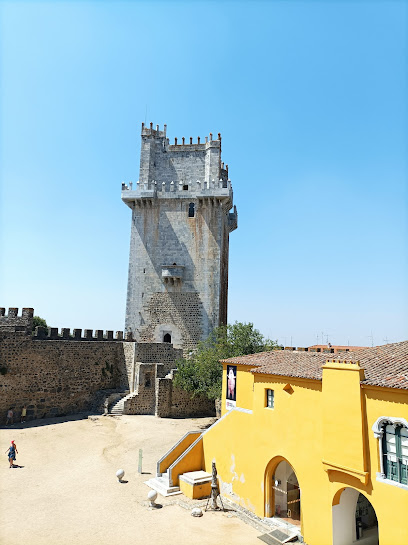
Porta 15 * Food, Wine & Cocktail Bar
39.0 km
Discover the vibrant nightlife at Porta 15, Beja's premier cocktail bar, where expertly crafted cocktails meet an inviting atmosphere.
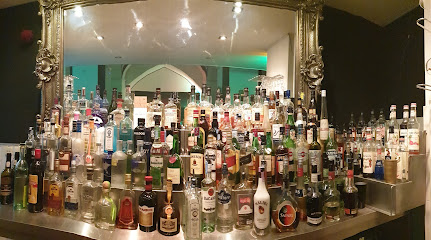
Karga club
39.1 km
Experience the vibrant nightlife of Beja at Karga Club, a lively bar with great music, delicious drinks, and an energetic atmosphere.

The Pub Sports Caffe
39.9 km
Discover Beja's favorite spot for sports lovers at The Pub Sports Caffe – enjoy drinks, food, and vibrant atmosphere!
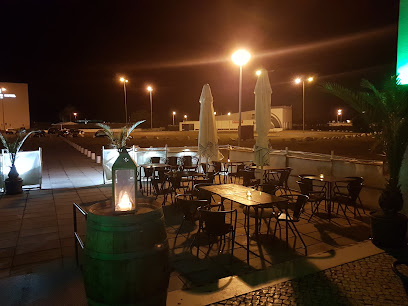
SkyBAR Évora
50.9 km
Experience exquisite tapas and breathtaking views at SkyBAR Évora, a culinary gem for tourists in the heart of Portugal.
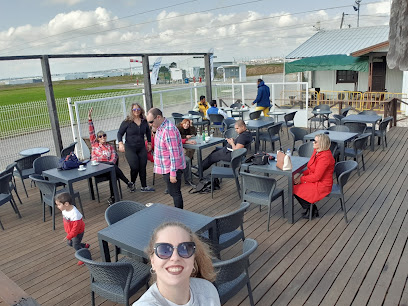
Alkimia Wine Lounge
54.5 km
Explore the exquisite wine selection at Alkimia Wine Lounge in Évora, a cozy haven for wine enthusiasts and travelers alike.
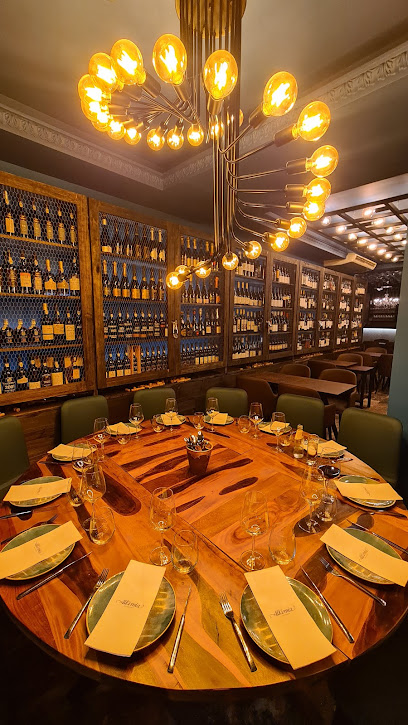
Avista Bar
54.8 km
Discover the perfect blend of flavors and ambiance at Avista Bar in Évora, where culinary excellence meets vibrant nightlife.
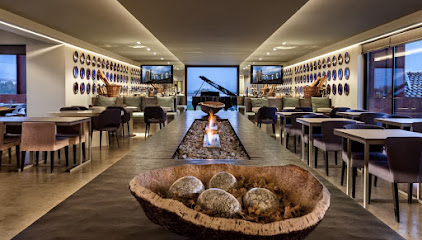
O Bar
54.8 km
Discover a vibrant bar experience in Évora, where local flavors and lively atmosphere blend seamlessly for an unforgettable night out.
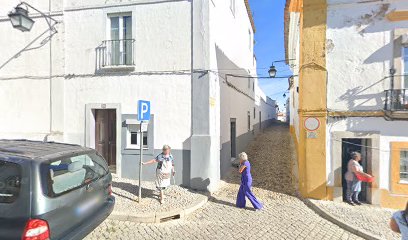
Bar Canto Alentejano Évora
54.9 km
Experience the vibrant local culture at Bar Canto Alentejano in the heart of Évora, where exceptional wines and a welcoming atmosphere await.
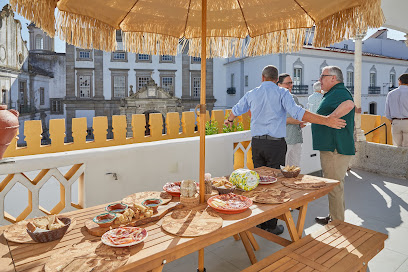
Magnífica Cerveja Artesanal do Alentejo / Beer house & Tapas
55.0 km
Experience the best of Alentejo's craft beer and tapas in a vibrant brewpub atmosphere at Magnífica Cerveja Artesanal.
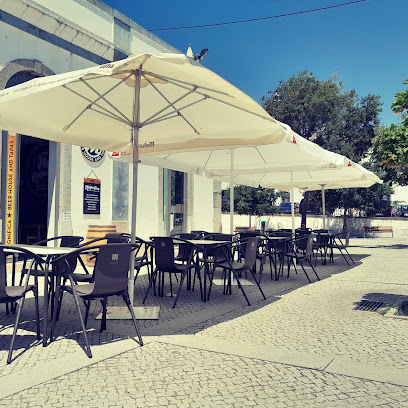
Cafe Estrela d'Ouro
55.0 km
Discover the vibrant atmosphere and local charm of Cafe Estrela d'Ouro, Évora's top bar for unforgettable drinks and delightful company.
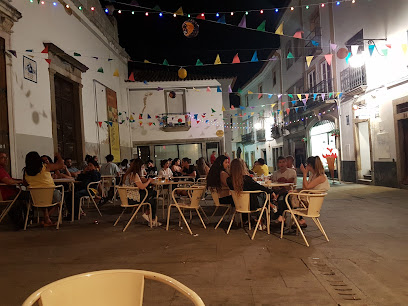
Bar Lusitano
55.0 km
Experience the charm of Évora at Bar Lusitano, where cozy vibes meet delicious local wines and tapas in a vibrant atmosphere.
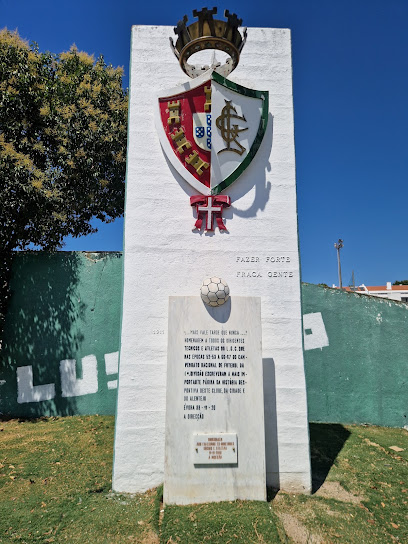
Bar O Tunnel
55.0 km
Discover the authentic flavors of Portugal at Bar O Tunnel in Évora, where friendly service meets delicious local cuisine.
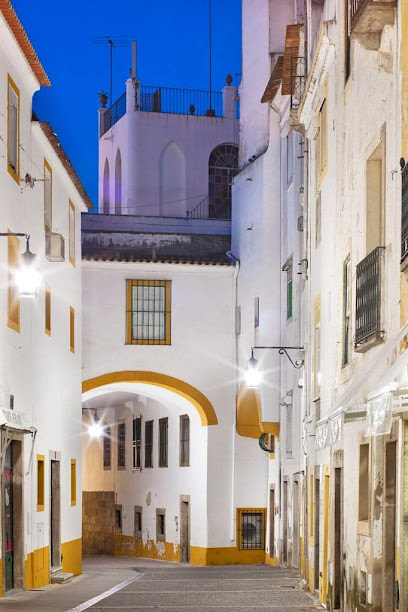
Nightclubs & after hour spots
Country Club
39.0 km
Discover the Country Club, where Beja’s nightlife comes alive with vibrant music, refreshing drinks, and a welcoming atmosphere for all.
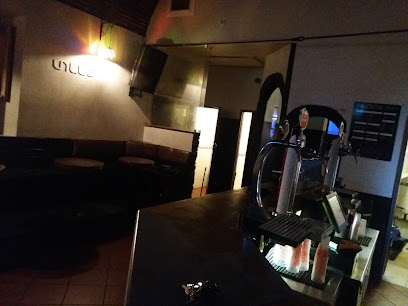
Insonia Club
46.9 km
Discover the vibrant nightlife at Insonia Club in Viana do Alentejo, where dance and music create unforgettable memories.

Baladasshow
53.2 km
Experience the electrifying atmosphere of Baladasshow, Évora's top night club, where music, dance, and local culture come alive.

A Ver Évora - Rooftop Bar
54.8 km
Discover A Ver Évora Rooftop Bar, where stunning views meet exquisite drinks in the heart of Évora's historic landscape.
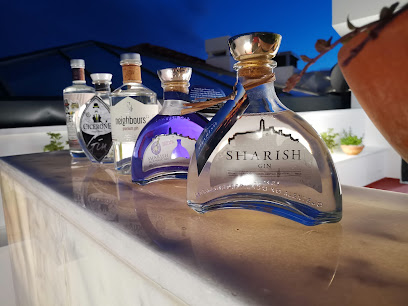
Praxis Club
55.1 km
Discover the electrifying nightlife of Évora at Praxis Club, where unforgettable moments and vibrant music create lasting memories.

Evoradisco-indústria Hoteleira Lda
55.1 km
Experience Évora's nightlife at Evoradisco, where vibrant music and energetic crowds create unforgettable moments.
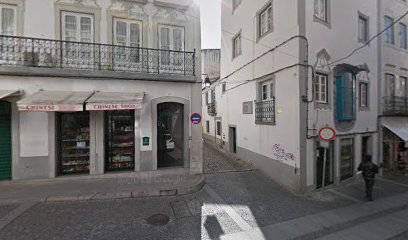
Capítulo 8
55.2 km
Experience the vibrant nightlife of Évora at Capítulo 8, a lively disco club with an eclectic music mix and a welcoming atmosphere.
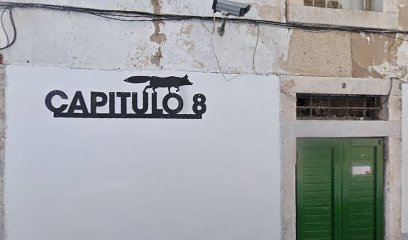
tristar club
55.7 km
Experience the vibrant nightlife of Évora at Tristar Club, where music, laughter, and unforgettable moments await.
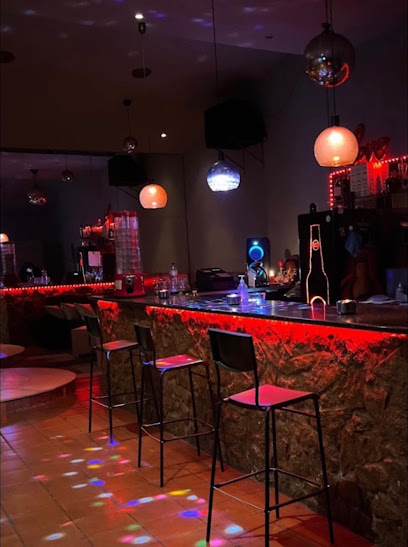
Évora Night Runners - Spot
55.9 km
Join the Evora Night Runners for a unique running experience amidst the stunning backdrop of Evora's historic charm.
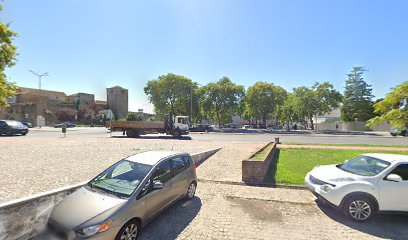
Discoteca Sclub / Santaloucura
76.3 km
Discover the pulsating nightlife at Discoteca Sclub / Santaloucura, Castro Verde's premier night club for dancing and entertainment.
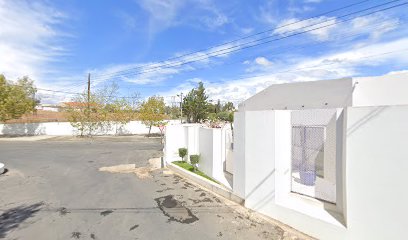
Gao*s
79.8 km
Experience the electrifying nightlife of Elvas at Gao*s, a top disco club featuring vibrant music and a welcoming atmosphere for all.

Santalia Summer Club
85.3 km
Discover the vibrant nightlife at Santalia Summer Club, the ultimate disco destination in Badajoz for unforgettable late-night adventures.

Saocco the club
86.2 km
Discover Badajoz's vibrant nightlife at Saocco the Club, where electrifying music and a lively atmosphere create unforgettable experiences.
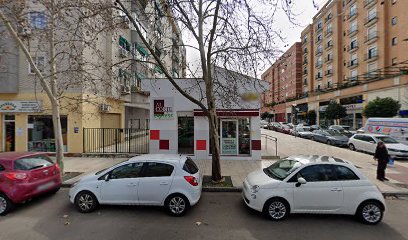
Club bosco
86.8 km
Discover the electrifying nightlife of Badajoz at Club Bosco, a must-visit night club for unforgettable experiences and vibrant entertainment.
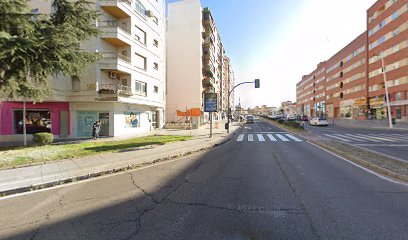
El Jueves
87.6 km
Experience the lively nightlife at El Jueves, Badajoz's premier night club, where music and energy come alive every night.
